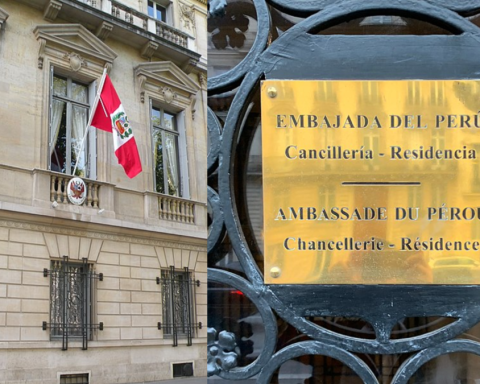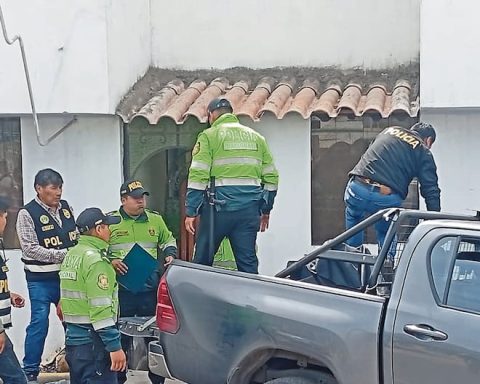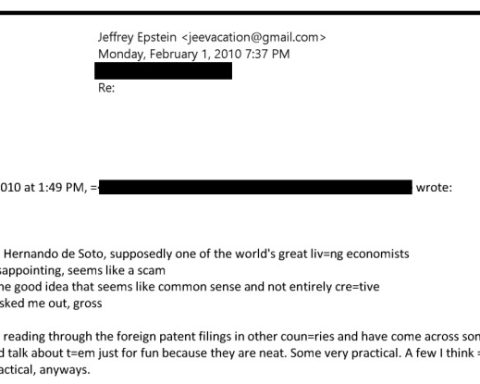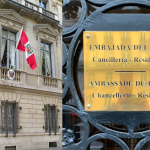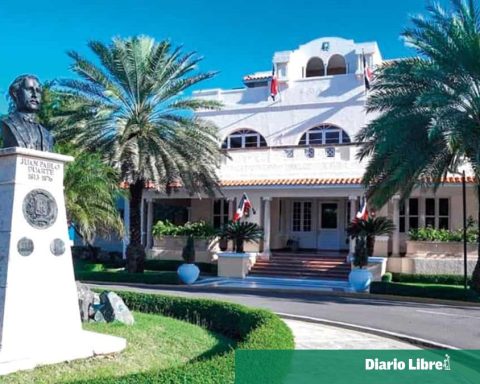According to the recent study “Entrepreneurship in times of inflation”, carried out by Ipsos, access to financing represents the main barrier to starting a business. entrepreneurship in Peru, followed by the country’s economy, required skills and interest rates.
Despite this, 47% of the people surveyed indicate that they started a business in recent years, motivated by the coronavirus pandemic and 52% indicate that it is likely that they will do so in the near future.
Along the same lines, it is important to point out that social enterprises have become relevant in recent years. “Within this entrepreneurial ecosystem are those that use market mechanisms not only to obtain profit, but also to generate sustainable and scalable social impact, that is, social enterprises.“, indicates Ingrid Claudet, general manager of the Wiese Foundation.
Alternatives for social enterprises
In this note, we tell you about six available alternatives that the Wiese Foundation points out for social enterprises that want to obtain financing aimed at stabilizing and scaling their business.
Angel investors: They are natural persons who provide seed capital and mentoring to ventures, and are also in charge of facilitating contacts and advice, normally in exchange for a percentage of participation in the business.
Incubators and accelerators: It has the objective of promoting the creation and scaling of ventures in their early stages, providing them with work spaces, mentoring sessions and in some cases connecting them with investors in exchange, generally for a participation in the business and/or in its future profits. . They also provide their acceleration services to third parties in exchange for financial consideration.
Contests or prizes: Created by public or private entities. The award consists of the delivery of a non-reimbursable fund after a process of calling and evaluating applications. Some require a counterpart from the entrepreneurship, while others are more oriented towards making entrepreneurs visible and connecting with the local entrepreneurship ecosystem.
specialized banking: Banking entities that specialize in micro and small businesses or that have financial products (credit lines) aimed at them. They usually require some type of collateral and credit history and charge market interest rates.
Impact investment funds: Specialized private entities that raise patient capital and provide financing, generally at market rates, for social enterprises that meet certain pre-established risk and impact criteria. The presence of these institutions in Peru is still incipient.
Social innovation programs: They are created and financed by corporations, foundations or other non-profit entities, within the framework of their CSR or institutional purpose. They combine call processes, comprehensive evaluation, financing and acceleration services that are executed directly and/or through third parties.
The financing schemes that these programs offer to the benefited social enterprises usually have more flexible and advantageous conditions than those available in the financial market (formal and informal); and the training and professional accompaniment that they grant together with the financing are free, against formal commitments of growth and impact.
Additionally, these institutions connect the ventures with other related entities and professionals, strengthening their professional contact networks. There are still very few social innovation programs in the country, but there is increasing interest in the corporate and philanthropic world for this more sustainable way of providing aid.
Entrepreneur Fund
Currently, the aforementioned foundation is calling for the second edition of the aforementioned program called “Entrepreneur Fund”, through which it will finance S/ 150,000 to Peruvian social enterprises, also providing them with training and professional support for 18 months.
To qualify, interested ventures must meet the following requirements:
- Be private entities incorporated in Peru.
- Declare annual sales of at least S/25,000.
- Focus on self-sustainability through a commercial activity (sales).
- Demonstrate that they are capable of contributing to solving a social or environmental problem that affects a vulnerable community.

